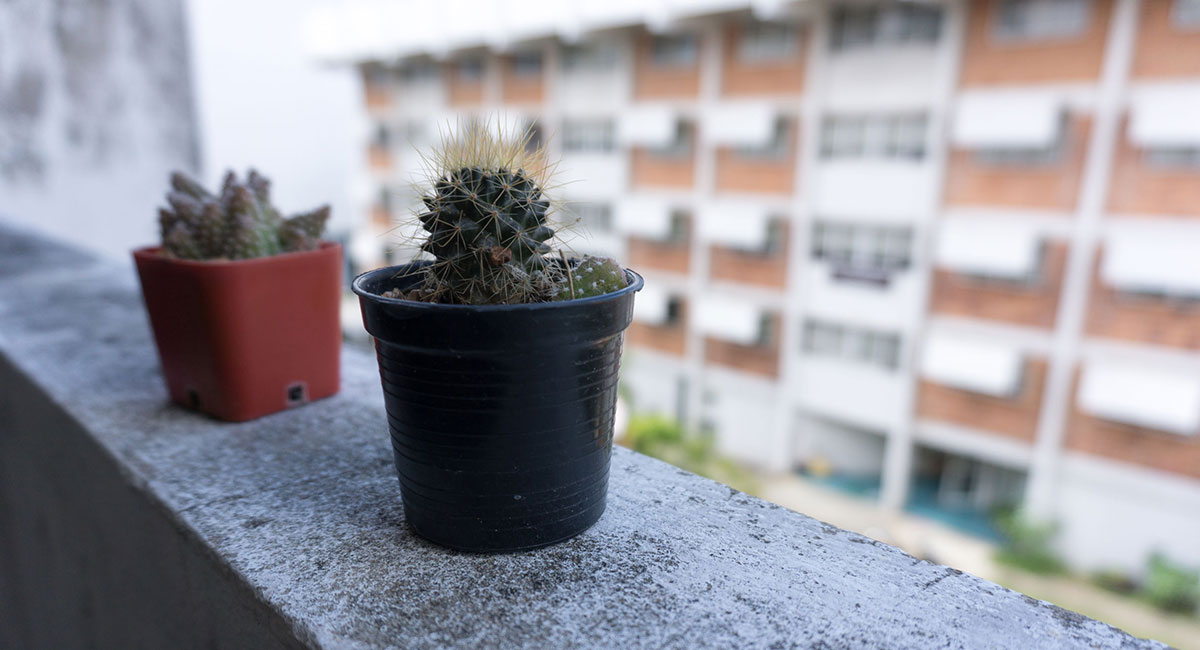Throughout most of the nearly seven decades in which I have had an intimate association with American higher education, I have pondered the question: “Who really ‘owns’ the universities?”
Several groups claim at least partial control on many campuses, hence the oft-cited term “shared governance.” But to avoid chaos, some specific individual or group has to have ultimate authority to make decisions regarding the use of university resources. Almost always, that is a governing board: “board of trustees,” “board of regents,” “board of visitors,” etc. I have worked with several such boards and spoken at statewide meetings to them, so I guess some think I am an expert on the subject.
I recently corresponded with a former student of mine now a trustee at a state university, about his board’s reaction to certain major developments at the school, and he replied, “We need to discuss many things but we won’t, and will continue to be potted plants.” He added that board members literally receive scripts for each meeting, even told when to make a motion or offer a scripted comment. In short, the boards are sort of a ceremonial device to maintain the façade that the university has a group in charge of serving the broader public interest, not just rubber stamp decisions made by university power brokers. Votes are almost always unanimous. In reality, the public is being conned into believing that the universities are getting effective external oversight.
Actually, university governing boards come in all shapes and sizes. Most public boards range from perhaps seven to as many as 20 members, but private school boards often number several dozen. Occasionally, boards have activists who believe that not only should they have a major role not only in determining the general direction of the university but also in making more routine decisions, down to who should be appointed the football coach. Sometimes, boards—Michigan State is a good recent example—have nasty internal warfare over control of the board itself.
That said, the “potted plant” model my friend described is probably the most common one. Boards have one truly important job: appointing the president, but then usually take a mostly ceremonial back seat role similar to that of the King of England—nominally powerful but in reality mostly a figurehead. To be sure, appointed trustees sometimes provide useful services to the school, most importantly by their financial gifts, especially critical at private schools, but also at state schools by using political connections to help win favors in the state capital from the governor, key legislators, or regulatory groups—like a state department of education or higher education, etc.
The growing perceived problems of higher education have ignited greater conversations about the role of governing boards. In the case of state universities, is their role to maximize the interests of the university community or to represent the broader public, ensuring that the taxpayers are getting a good return on their investment? A bill—Senate Bill 506—narrowly passed the Virginia legislature but, at this writing, unsigned by the Governor, seems to explicitly state that the trustees report to the University administration, not explicitly serving the broader public interest—in my judgment, a grievous mistake. Similarly, in private schools, like those in the Ivy League, shouldn’t trustees monitor and occasionally even alter actions of the University community that hurt both the school’s reputation and the broader public good?
When Florida Governor Ron DeSantis summarily removed the entire board of New College and replaced it with new members who indicated they planned to change the nature and direction of the institution, I at first considered the action excessively radical and disruptive, but upon reflection, I feel it served a useful purpose by calling attention to the importance of imposing some external constraints on what campus communities can do.
It is increasingly obvious that colleges and universities need some adult supervision—public confidence is waning, enrollments have fallen, traditional campus support of free expression and robust viewpoint diversity have deteriorated, and increasingly unethical or even illegal behavior has occurred. Governing boards have a legitimate, more than ceremonial role to play, starting with recruiting able administrators who handle most issues, but also by monitoring campus happenings in a mostly non-intrusive way and constraining inappropriate behavior. The precise optimal role should vary somewhat—religiously affiliated schools, elite private universities, non-elite state schools, including community colleges probably require differing forms of external monitoring—but Boards should be more than rubber stamps or potted plants.













